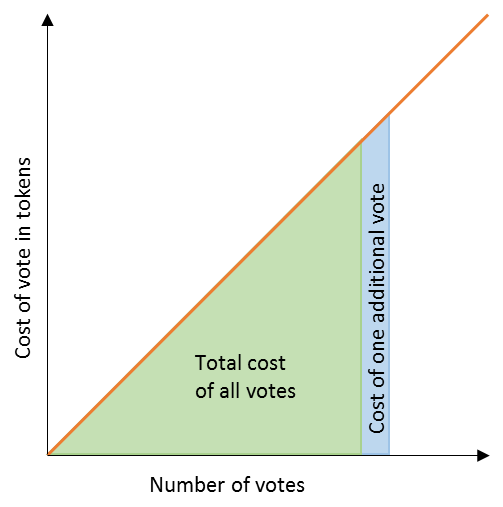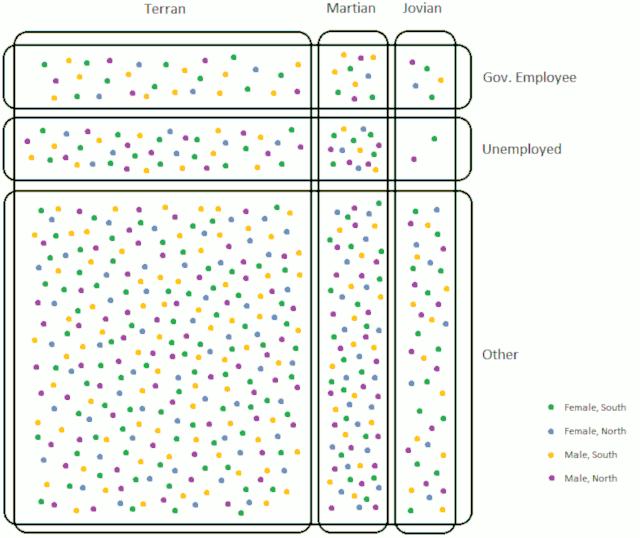
Voting Systems IV – Procedural Voting
This post is part of a series of posts on Voting Systems.
As well as the general public voting for politicians or directly for policies, voting is also used by politicians themselves to decide on issues and pass laws.
Rather than being a “once every few years” phenomenon, this voting is part of the day-to-day workings of government. The standard operating procedure for many politicians.
This means that whilst some sort of formal procedure is needed, even the previously mentioned voting systems of Approval Voting, Score Voting, Evaluative Voting and SPAV are still far to rigid to permit the kind of nuance that is necessary in navigating the complex issues of the day. Rather like using a sledgehammer to crack a nut, too simplistic an approach leads to a broken system. Legislators and governments tend to eventually find ways around a procedure if it is too restrictive, but these loopholes are accidental and therefore do not necessarily yield the best outcomes…

